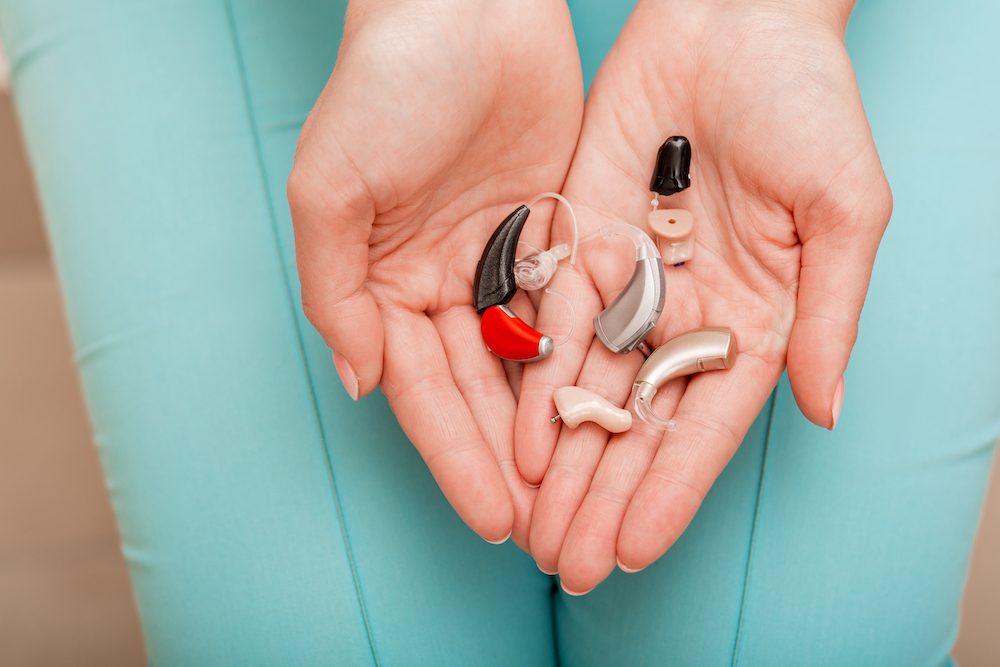Tips for Managing Hearing Aids During Spring Sports
When the weather warms up and you’re ready to get back outside, your
An interview with Lyn Kirsch, Au.D.: In honor of Black History Month, CAA celebrates diversity of the audiology community in California.
Read More →


When the weather warms up and you’re ready to get back outside, your

Small study finds 65 percent of patients taking teprotumumab report

By Douglas L. Beck, AuD; Keith N. Darrow, PhD; Bopanna Ballachanda, PhD;